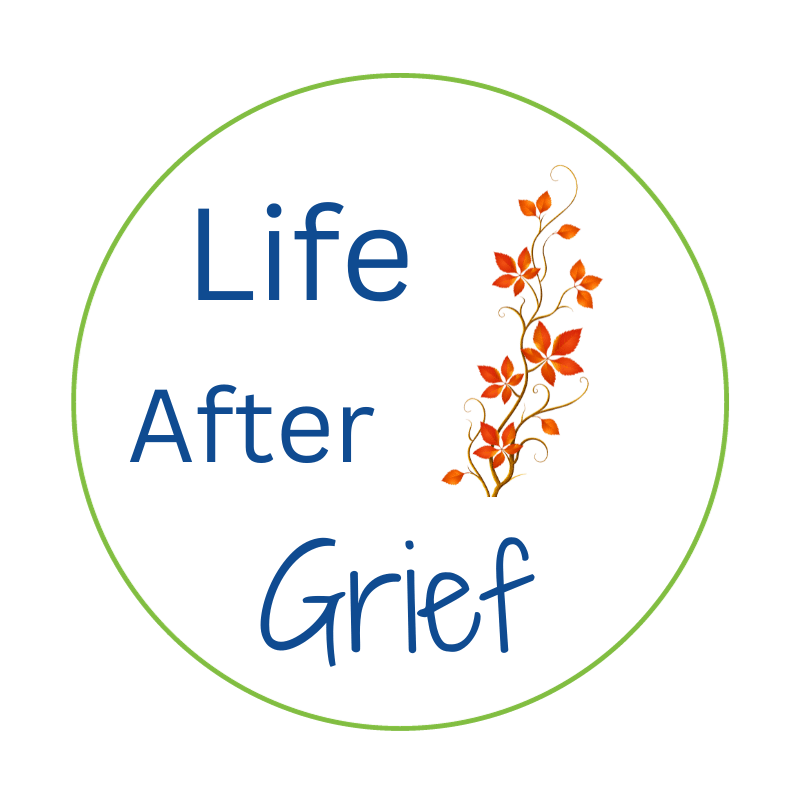
Hi everyone,
As human beings, we make 1000s of big and small choices every day. With technology, we have close to an infinite number of options and information.
Satisficers make “good enough” decisions. Maximizers, try to make “perfect,” decisions. Those who don’t insist on perfection every time are healthier but there’s is a place and time for each.
Definition of Satisficing and Maximizing
Satisficing, a term invented by political scientist, Herbert Simon, is a combination of “satisfy” and “suffice,” and means making a choice once there’s enough information to decide whether of not it will get the job done.
Maximizing is reviewing ALL the options before any decision to make the best choice. It often leads to “analysis paralysis,” making no decision at all or missing opportunities if it takes too long.
Here are five tips on how to improve mental health and decision making:
Go all in - whether it’s true or not, behave as if your decision is final. Getting married, thinking about divorce as an exit, is not it.
Find your niche - all decisions are not equal so don’t treat them as if they are (for example, choosing socks or the best school for a child).
Automate parts of your day - identify what routine actions you can systematize so you don’t have to think about them.
Set limits - decide in advance what filters you will use: how much time will you spend researching, using which trusted sources, other.
Don’t get lost in the details - in the end, the question is whether making the decision answers what’s needed.
What Is Your “Good Enough”?
In reality, nobody can do everything. There is a limited amount of time and energy to get things done. Trying to make “perfect” decisions takes longer and is more stressful than making “good enough” ones.
Clarity is your superpower.
“Good enough” is whatever you say it is. So it’s up to you to figure out which decisions are important and which aren’t. Then you can choose if they are best served with a satisficer or maximizer strategy.
Put decisions in order of priority - low, medium and high.
From April 30th to May 7th, I was the sole caregiver for my mother-in-law, who is over 100. Usually, there’s one other person who helps me. Since her care was my highest priority, everything else I needed to do, from work to household chores and self-care mostly did not get done. I decided that was “good enough,” even though I knew I was falling behind on other priorities.
What matters in this moment?
Work
Relationships
Health
Time
Money
By developing screening criteria in advance, you are not trying to make tough choices in a crisis. With time to consider thoughtfully, you can make better decisions about what to do next.
Every situation varies so each person, especially when grieving, places their priorities in a different order. That’s why it’s helpful to work with a grief resilience coach who can help you figure them out.
Try out the 5 ways to make decisions which are easier on your mental health and let me know what happens. The right way is yours so, as always, trust yourself first.
This newsletter issue, What is your “good enough”? offers tips on the best ways to make decisions in healthy ways. After a loss, making decisions in the face of an uncertain future gets much harder. Let’s chat.
Schedule a complimentary 20-minute zoom call to talk about how to move forward with more ease on your grief journey. Click the link below: https://thebadwidow.com/ConnectWithAlison.

